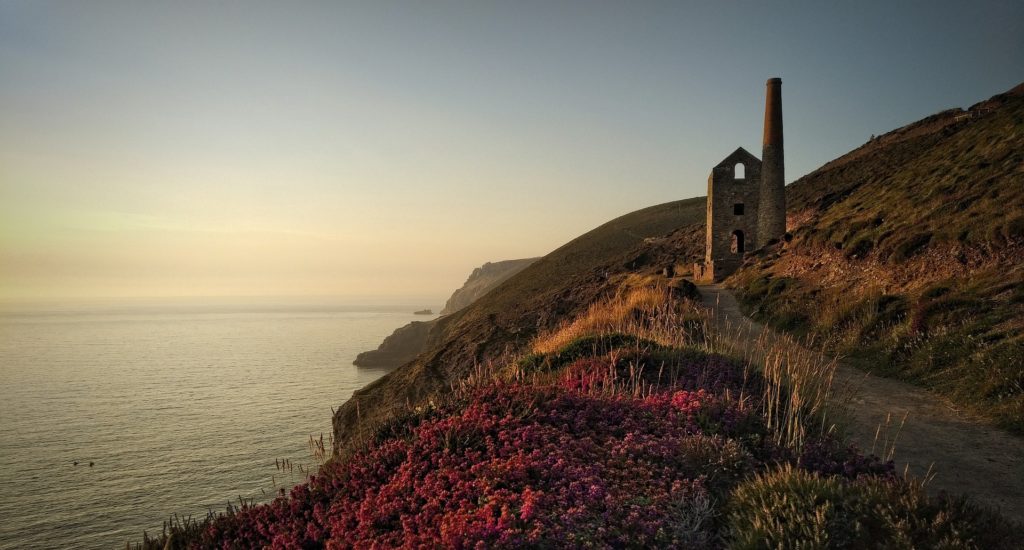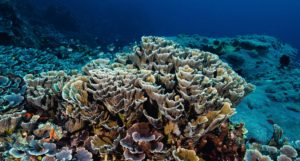Cornwall and the Isles of Scilly “ideal candidate” for becoming a UNESCO Biosphere, experts say

The report recommends the establishment of a centralised, independent regulator to oversee the UK Nature Markets Framework nationwide
Cornwall and the Isles of Scilly would be an “ideal candidate” to become a UNESCO Biosphere, experts have found.
Researchers found widespread support for the region to be awarded the prestigious status and believe this could help to boost sustainable development and protect threatened environments.
Cornwall has been experiencing significant biodiversity decline.
UNESCO Biosphere status will help secure funds and other resources to enhance conservation and improve community wellbeing. It is designed to improve the relationship between people and their local environment, and act as testing grounds to put into practice new approaches to managing ecosystems sustainably for future generations.
In a new study researchers say Cornwall and the Isles of Scilly already meets much of the criteria for designation in Article 4 of the World Network of Biosphere Reserve Statutory Framework. All other criteria were found to be feasible, and current sustainability initiatives align with the United Nations and UNESCO Sustainable Development Goals.
The research was carried out by experts at the Exeter Centre for Environmental Law, who produced a comprehensive feasibility study, and policy brief by Dr Tiago de Melo Cartaxo, Stephanie Hirtenstein and Norah Alkhattaf from the University of Exeter.
Dr de Melo Cartaxo said: “We believe the time is right for Cornwall Council and the Council of the Isles of Scilly to start discussing the process of application to UNESCO officially, with the support of a wide number of local actors and organisations.
“The region’s continuing landscape fragmentation and biodiversity degradation calls for local collaborative efforts to safeguard the unique ecological and heritage value of the area while boosting sustainable development.”
The report recommends a working group of interested stakeholders should be formed to increase collaboration with local and national governments, businesses, local community organisations in Cornwall and the Isles of Scilly.
A core team should be appointed who are responsible for acquiring possible funding. Local universities could be partners for further research and collaborations.
Cornwall Council and the Council of the Isles of Scilly are currently implementing the region’s Local Nature Recovery Strategy – a statutory commitment that establishes the layout for Nature Recovery Strategy which increases conservation areas and ensures wildlife’s prosperity.
The region’s unique cultural heritage and biodiversity is recognised through several statutory designations which include Areas of Outstanding Natural Beauty – now rebranded as National Landscapes –, UNESCO World Heritage Sites, National and Local Nature Reserves, Sites of Special Scientific Interest, Marine Conservation Sites and Special Areas of Conservation and Special Protection Areas.
Researchers evaluated the potential impact of the region gaining UNESCO Biosphere status on local communities, regional economic practitioners, environmental organisations, and policymakers at local, national, and international level. They held workshops with the local community and potential stakeholders.



